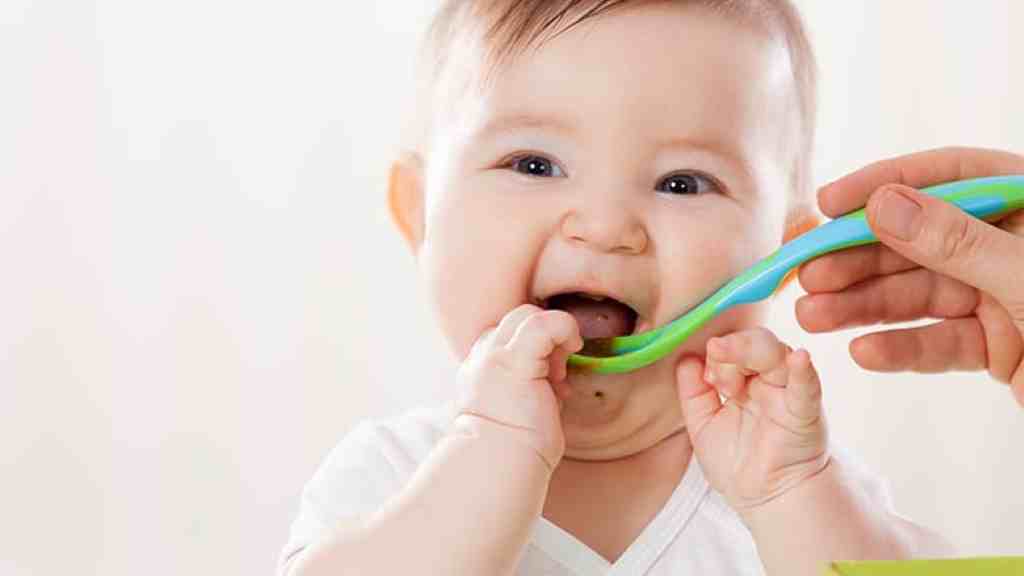Feeding your baby or toddler is a journey filled with joy, learning, and a few messes along the way. As parents and caregivers, ensuring your little one receives proper nourishment in a safe environment is paramount. This comprehensive guide outlines essential practices to prioritize safety and health during mealtimes, while also addressing the potential benefits and cautions surrounding rice water for infants.
The Foundations of Safe Infant and Toddler Feeding

- Hygiene First:
- Handwashing: Thoroughly wash your hands before preparing or handling food, bottles, and feeding utensils.
- Cleanliness: Keep all feeding equipment clean and sanitized.
- Food Safety: Cook food thoroughly and avoid cross-contamination.
- Age-Appropriate Feeding:
- 0-6 Months: Exclusive breastfeeding is recommended for the first six months. Breast milk provides optimal nutrition and antibodies.
- 6+ Months: Introduce solid foods gradually, starting with purees and then progressing to mashed and finger foods.
- Choking Prevention:
- Proper Food Texture: Ensure food is cut into small, manageable pieces for toddlers.
- Supervision: Always supervise your child during mealtimes.
- Avoid Choking Hazards: Steer clear of small, round, or hard foods like grapes, nuts, and popcorn.
- Healthy Food Choices:
- Nutritious Variety: Offer a diverse range of fruits, vegetables, grains, and protein sources.
- Limit Added Sugar and Salt: Young children’s taste preferences are developing; avoid overly sweet or salty foods.
- Responsive Feeding:
- Follow Cues: Pay attention to your child’s hunger and fullness signals. Don’t force them to eat more than they want.
- Mealtime Environment: Create a relaxed and positive atmosphere for meals and snacks.
Rice Water for Babies: Understanding the Potential and Risks
Rice water, the starchy liquid left after cooking rice, has been used traditionally in some cultures as a supplementary food for infants. Here’s what you need to know:
Potential Benefits:
- Mild Diarrhea Relief: Some evidence suggests that rice water might help reduce the duration of mild diarrhea in infants.
- Source of Energy: Rice water contains carbohydrates, offering a potential source of energy.
Cautions:
- Nutritional Inadequacy: Rice water alone does not provide complete nutrition. It should never replace breast milk or formula.
- Arsenic Concerns: Rice can absorb arsenic from the environment. While occasional use of rice water may be safe, excessive consumption could expose infants to arsenic. When considering what to give a newborn baby, it is important to be cautious about potential contaminants.
Key Points about Rice Water for Infants:
- Consult your pediatrician before offering rice water to your baby.
- Choose rice varieties with lower arsenic levels (e.g., basmati or jasmine rice).
- Prepare rice water by boiling rice in excess water, then straining the liquid.
- Offer small amounts of rice water alongside breast milk or formula if recommended by your doctor.
Creating a Safe and Happy Feeding Journey
Remember, every child is unique. The most crucial aspect of safe feeding is observing your child, responding to their cues, and creating a positive mealtime experience. Always consult your pediatrician for personalized guidance and recommendations, especially if you have concerns about your child’s diet or any potential food sensitivities.
By prioritizing safety, offering healthy choices, and fostering a positive relationship with food, you’re laying the groundwork for a lifetime of healthy eating habits.
Disclaimer: This article is for informational purposes only and does not constitute medical advice. Consult a healthcare professional for any health concerns.
Sources
